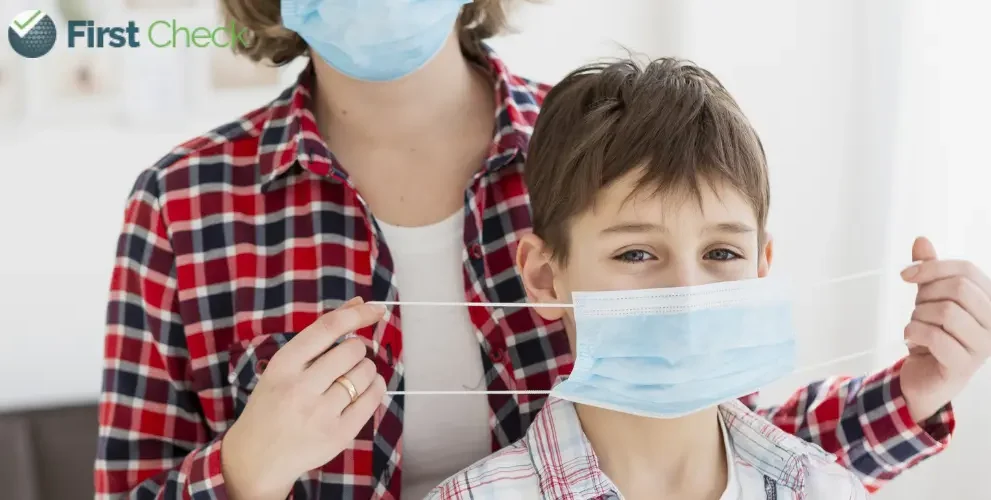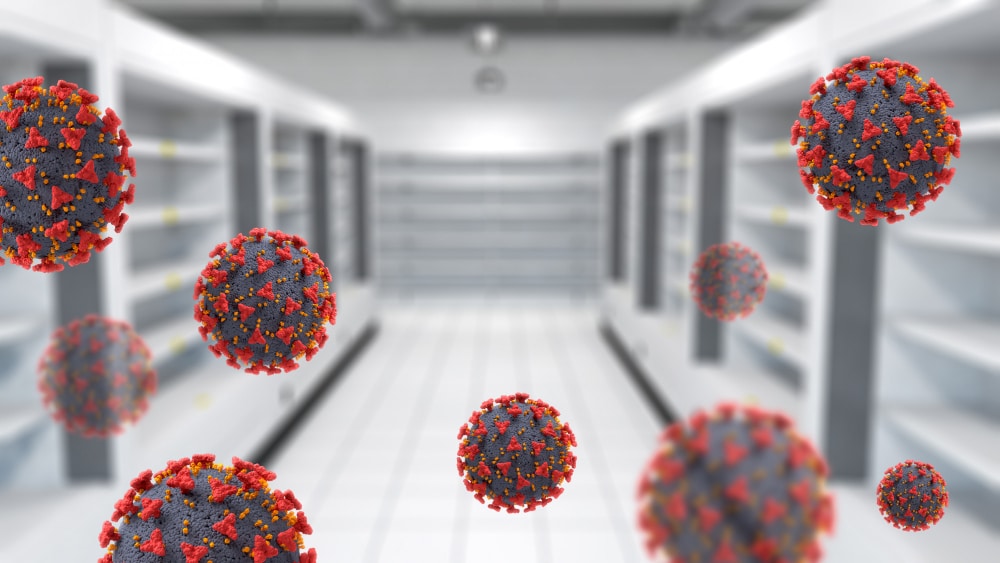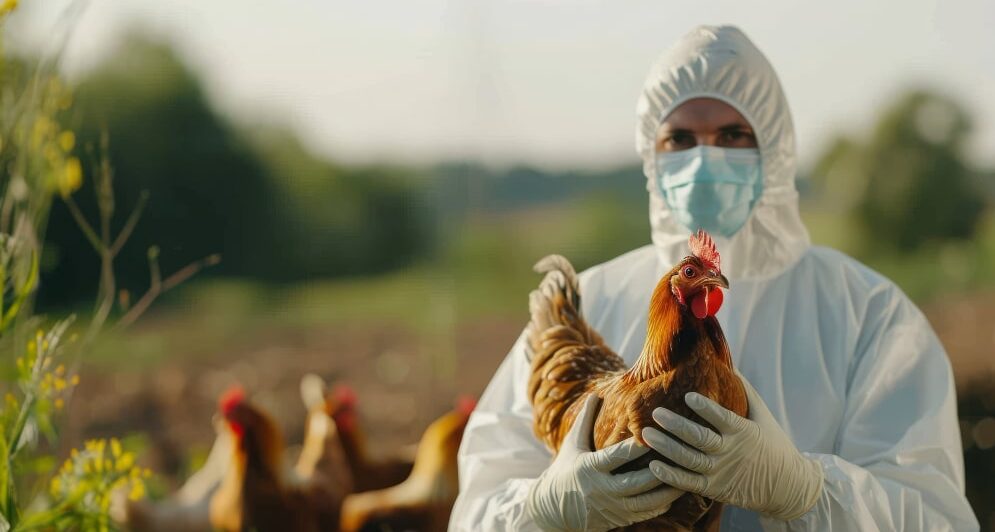A recent study published in JAMA identifies common prolonged symptoms experienced by children after SARS-CoV-2 infection and how these symptoms differ by age.
Most research on long COVID or postacute sequelae of SARS-CoV-2 infection (PASC) has focused on adults, with less known about this complex condition in children. A recent study published in JAMA, a peer-reviewed medical journal, is among the first to identify a clear pattern of symptom differences between school-age children and adolescents, underscoring the importance of characterising pediatric PASC to guide future treatment.
The multicentre longitudinal observational cohort study recruited participants from more than 60 US healthcare and community settings between March 2022 and December 2023, including school-age children (aged six to eleven years) and adolescents (aged twelve to seventeen years) with and without SARS-CoV-2 infection history. The objective was to identify the most common prolonged symptoms experienced by children after SARS-CoV-2 infection and how these symptoms differ by age.
Daytime tiredness, dip in energy levels, stomach pain, feeling depressed or anxious, and issues with memory are some of the most common effects of long COVID observed in children. Overall, 45 per cent of infected and 33 per cent of uninfected school-age children and 39 per cent of infected and 27 per cent of uninfected adolescents reported having at least one prolonged symptom. Twenty-six symptoms in infected school-age children and 18 symptoms in infected adolescents were prolonged in at least five per cent of participants.
The study identified separate PASC research indices for school-age children and adolescents based on symptoms most likely to differentiate between those with and without an infection history. Higher indices were correlated with worse functional outcomes. While the strongest differentiators of infection history in adults and adolescents overlapped considerably, researchers found that there was less overlap between adults and school-age children. These findings underscore the need for separate assessments in different age groups.
Most research to understand PASC symptoms has focused on adults, potentially due to the misperception that children were not severely affected by COVID-19, leaving childhood symptoms less understood. Researchers contend that undercounting may also be due to younger children being less able to recognise and report symptoms.
This study makes a substantial contribution to the understanding of pediatric PASC. However, the pathophysiology behind these age-related differences warrants future study, given substantial changes in growth, development, immunological factors, and pubertal hormones that occur across the life course.
Read More: ‘Getting an updated COVID-19 vaccine remains an extremely effective tool’: Study















